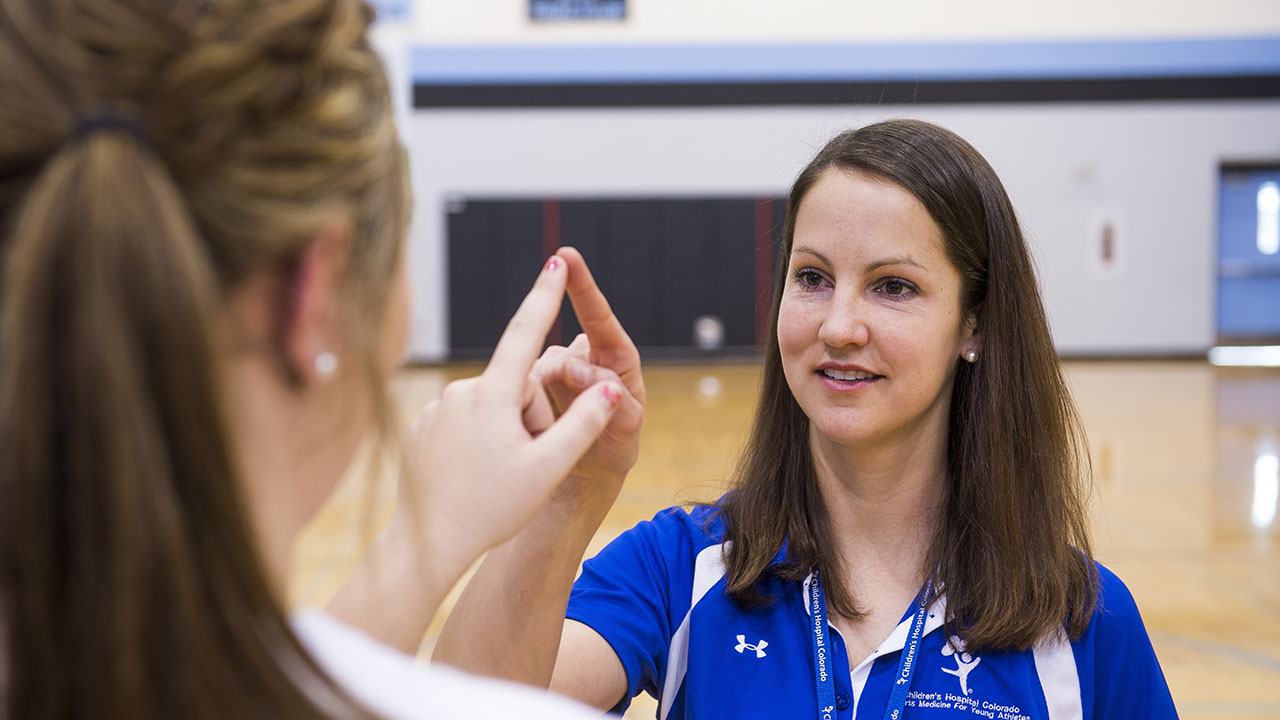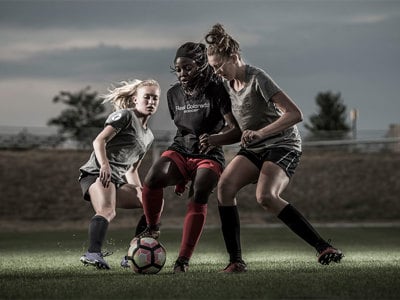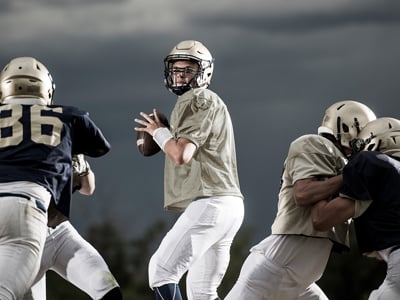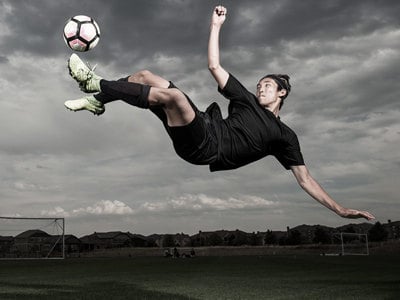- Doctors & Departments
-
Conditions & Advice
- Overview
- Conditions and Symptoms
- Symptom Checker
- Parent Resources
- The Connection Journey
- Calm A Crying Baby
- Sports Articles
- Dosage Tables
- Baby Guide
-
Your Visit
- Overview
- Prepare for Your Visit
- Your Overnight Stay
- Send a Cheer Card
- Family and Patient Resources
- Patient Cost Estimate
- Insurance and Financial Resources
- Online Bill Pay
- Medical Records
- Policies and Procedures
- We Ask Because We Care
Click to find the locations nearest youFind locations by region
See all locations -
Community
- Overview
- Addressing the Youth Mental Health Crisis
- Calendar of Events
- Child Health Advocacy
- Community Health
- Community Partners
- Corporate Relations
- Global Health
- Patient Advocacy
- Patient Stories
- Pediatric Affiliations
- Support Children’s Colorado
- Specialty Outreach Clinics
Your Support Matters
Upcoming Events
Colorado Hospitals Substance Exposed Newborn Quality Improvement Collaborative CHoSEN Conference (Hybrid)
Monday, April 29, 2024The CHoSEN Collaborative is an effort to increase consistency in...
-
Research & Innovation
- Overview
- Pediatric Clinical Trials
- Q: Pediatric Health Advances
- Discoveries and Milestones
- Training and Internships
- Academic Affiliation
- Investigator Resources
- Funding Opportunities
- Center For Innovation
- Support Our Research
- Research Areas

It starts with a Q:
For the latest cutting-edge research, innovative collaborations and remarkable discoveries in child health, read stories from across all our areas of study in Q: Advances and Answers in Pediatric Health.


Concussion Facts for Families with Young Athletes

A young athlete's brain is much different than an adult brain because it is still actively developing. At Children's Hospital Colorado, we take a comprehensive, thoughtful and research-based approach to concussion evaluation and treatment.
We know that children who participate in sports have improved physical health, improved psychosocial well-being and do better in school. Thus, decisions to restrict young athletes from any organized sport need to be made very thoughtfully.
Concussion Facts Facebook Live
Watch our Concussion Facts Facebook Live with Dr. Julie Wilson, co-director of our Concussion Program.
Concussion frequently asked questions
Learn about the most common concussion questions we receive with answers from our concussion and sports medicine experts:
Though we haven't found ways to prevent concussions entirely, there are ways to reduce your athlete's concussion risk. For all players, Children's Colorado providers encourage training in proper heading technique, good body positioning skills and improved core and upper body strength to prevent or limit the consequences of blows to the head. Talk with your coach and certified athletic trainer about concussions to be sure you are all on the same page.
Fair play and penalty enforcement
Eliminating body checking in boys' ice hockey has reduced concussion rates. Other rule changes, such as reducing the number of contact practices and teaching the heads up tackling technique for football, are being evaluated to see if they have a similar impact on concussion rates.
Encouraging fair play and stricter penalty enforcement does seem to help reduce the overall number of sports injuries, but the effect on concussion rates is not clearly established. Other emerging ideas, which need to be further researched, include vision training, neck strengthening and other equipment add-ons or modifications.
Headgear protection
Since concussions occur from impacts that cause acceleration/deceleration as well as rotation of the head and neck, helmets and headgear do not completely prevent concussions.
However, a well-fitting helmet is important for reducing the risk of skull fractures and other catastrophic brain injuries. Helmets should be worn for all collision sports, as well as for recreational activities that carry a risk of falling from a height or at fast speeds, such as biking, skiing, snowboarding, skateboarding, rock climbing and riding ATVs. The use of headgear has been shown to help reduce force to the head at the site of impact, but this has not been proven to translate into reduced brain impact force or reduced concussion risk.
Mouth guard protection
Mouth guards are effective in reducing injuries to the mouth – teeth, gums and tongue – but the evidence for reducing concussions is limited. Athletes who wear mouth guards in sports where use is not required seem to have a lower rate of concussions than athletes who don't wear mouth guards, but more research is needed to better understand this. Custom mouth guards don't seem to be more effective than standard "boil-and-bite" mouth guards, so just make sure your athlete's mouth guard fits them well and they wear it properly.
Athletes should stop playing sports and seek medical advice if a concussion is suspected. Common signs and symptoms of a concussion include:
- Headache
- Nausea
- Vomiting
- Balance problems/dizziness
- Fatigue or drowsiness
- Sleeping less than usual
- Sleeping more than usual
- Trouble falling asleep
- Blurry or double vision
- Sensitivity to light
- Sensitivity to noise
- Feeling of being in a "fog"
- Trouble concentrating
- Trouble remembering
- Feeling irritable
- Feeling sad
It's important to remember that Colorado Senate Bill 40 mandates that if a concussion is suspected, the athlete must be removed from practice or play and cannot return that same day. Before returning to play, the athlete must be evaluated by a healthcare provider and receive written clearance allowing them to return to play.
After any head injury and prior to return to sports and other high-risk activity, an athlete should be evaluated to determine if they have had a concussion. It is also crucial to monitor for signs of a more severe brain injury, which may be indicated by the following "red flags":
- Increasing drowsiness
- Vomiting
- Increasing headache
- Seizure-like activity
- Difficulty in arousing
- Numbness/tingling of arms or legs
- Weakness of arms or legs
- Any unusual behavior
If any of the above symptoms are present, the athlete needs to be taken to the nearest emergency department or urgent care facility for immediate evaluation.
An athlete does not need to be knocked out or lose consciousness to have a concussion. In fact, less than 10% of sport-related concussions involve loss of consciousness.
Colorado Senate Bill 40 mandates that if a concussion is suspected, the athlete must be removed from practice or play and cannot return that same day. Before returning to play, the athlete must be evaluated by a healthcare provider and receive written clearance allowing them to return to play.
In the first few days following a concussion, it can be helpful to reduce physical and mental activity, but there is no good evidence that reading, watching TV or texting will prolong concussion symptoms. There's also no compelling research to indicate that complete rest is an effective long-term treatment following a concussion.
Resuming a typical daily routine is helpful and important as your child feels better, but your child should not return to sports and other high-risk physical activities until they are fully recovered and have clearance from your healthcare provider.
Many students never miss any school, or only miss a day or two following a concussion. As symptoms improve, most students can return to school and may benefit from temporary support at school while recovering.
Keeping a child out of school for a long time often causes unintended academic, social and emotional problems. Your healthcare provider can assist in developing a school plan if concussion symptoms are significant or take longer than usual to resolve.
Considerable research has now shown that most athletes who sustain a single sports-related concussion recover within a few days to a few weeks after injury. Youth athletes may take slightly longer to recover than college and adult athletes, but still generally recover well.
Having a prior concussion increases the risk of sustaining future concussions and may impact the length of recovery, although more research is needed in this area. Therefore, return to sport after multiple concussions in any athlete needs to be weighed carefully. There is no specific number of concussions that is considered "too many concussions" to return to sport. Each case should be considered individually.
The cause of suicide is complex. No good scientific evidence supports a direct relationship between a history of concussion and suicide. After a concussion (and many other injuries), children can experience increased stress and may demonstrate symptoms of depression and anxiety.
For example, stress can occur when children are not in sports, not spending time with friends, and when they are falling behind in school. When emotional concerns persist after an injury, prompt behavioral health counseling is appropriate and often is helpful after even a few sessions. Learn about the emotional effects of a concussion.
This movie brings to light that some athletes who have participated in contact/collision sports are struggling with changes in thinking, behavior or mood. However, it doesn't describe the current state of medicine and science in understanding why these changes occur. The underlying cause of these problems is not fully understood, and we need much more research in this area to understand the cause of these problems. Anyone (child or adult) who is concerned about changes in thinking, behavior or mood after concussions or participation in contact or collision sports should have a neuropsychological or medical evaluation to help determine the potential causes and receive appropriate treatment.
CTE is scientifically controversial. Questions remain about what causes it, what effect it might have on thinking and behavior, and even whether it exists as a distinct disease or may be part of another disease process. At this point, there is no good evidence that suggests that CTE affects children. The best science also indicates that there are many benefits to participation in youth sports. Anyone (child or adult) who is concerned about CTE or any changes in thinking, behavior or mood after concussions or participation in contact or collision sports should have a neuropsychological or medical evaluation to help determine the potential causes and receive appropriate treatment.
Deaths from sports-related head injuries are extremely rare in kids. Sadly, catastrophic brain injuries do happen in sports, but only a handful occur each year, and there are millions of children and adolescents participating in organized sports. These severe brain injuries actually occur more commonly from everyday activities, like riding in a car or riding a bike, than from playing sports.
To schedule an appointment or for more information about our Concussion Program, please call 720-777-2806. We are happy to consult with parents or referring providers before a patient is seen at Children's Colorado.



 720-777-0123
720-777-0123







